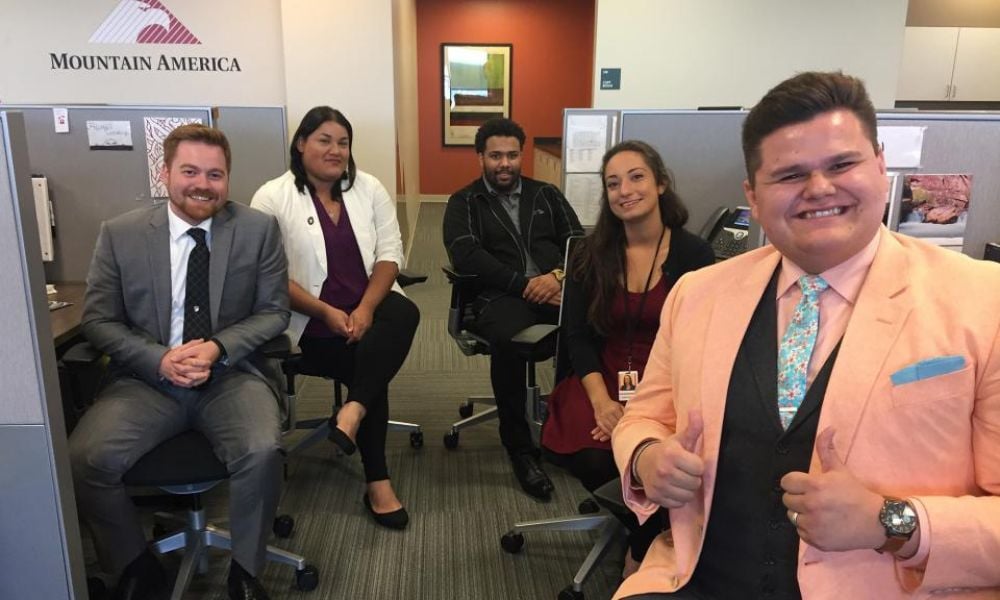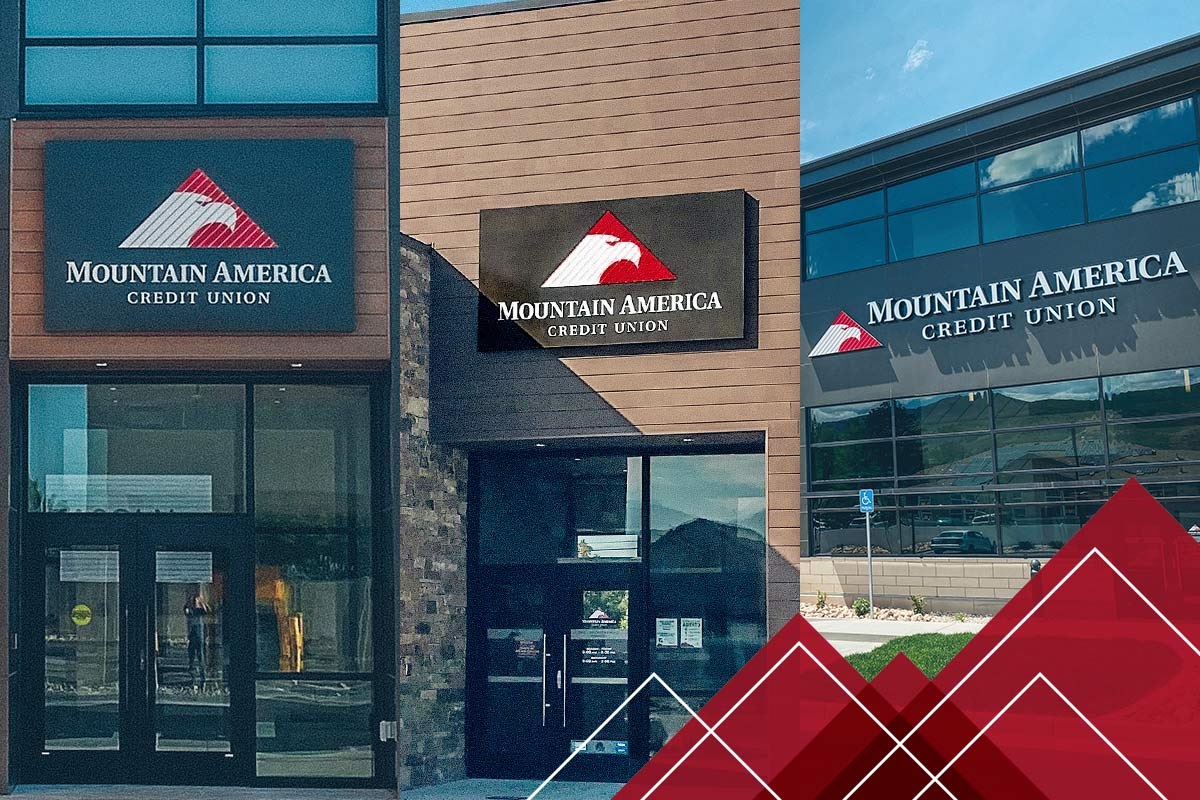
CHRO Trent Savage discusses company's success with hybrid model, internal development

Many HR leaders have a not-so-linear path to the profession, but Trent Savage’s passion for HR first started in a less-than-ordinary place: He graduated high school and served on a mission for the Church of Jesus Christ of Latter Day Saints.
“We went around and did some very specific training for all of the missionaries... and I saw that it had a really positive impact on helping them be more effective in the work that they're doing,” he said.
“And so that struck me early on that I wanted to do something that really helped influence and build people, skills and capabilities, enabled them.”
After graduating college, Savage went on to work for his father’s company where he was responsible for hiring 70 truck drivers for a new operation.
“That was my first real dip into HR, frankly, and that was really interesting; I learned a lot about interviewing.”
Savage also came to better understand the requirements for drivers and encouraged the company to introduce a certification program allowing people to progress. Eventually, the program went company-wide, he says.
“I just saw the impact of that and I thought, ‘This is really cool, being able to help organizations and build things that can impact the company.’”
Trent's interest in human resources led him to complete an MBA with a focus on organizational development and HR at Brigham Young University.
That took him to Procter & Gamble in 2003, where he worked for eight years. That experience helped Savage gain a sense of “what great HR looks like,” he says.
“I've spent a lot of my time over my career really focused on making sure that I accomplished the transactional work that we have, but ensuring that I'm trying to play at the most strategic level. That's answering the questions that the business has, that are business problems,” he says.
“I think that's one of the [reasons] why sometimes HR gets so negatively viewed is we do the transactional well and we want to be recognized that ‘Hey, you're doing great,’ but that's not what the business expects — that's the base expectation; then they want us to deliver as a true business partner.”
Savage went on to work for other big names such as eBay and Amazon, before landing at Mountain America Credit Union in 2018 where he became CHRO.
Founded in 1934, it’s the second largest credit union in Utah, and the 12th largest credit union in the United States by membership. It has more than 1.1 million members (as of March 2023).
|
Industry |
Financial services |
|---|---|
|
Assets |
$16 billion (as of January 2023) |
|
Company size |
1,001-5,000 employees |
|
Headquarters |
Sandy, Utah |
|
Branches |
Over 100 |
Source: LinkedIn
Less than two years later, the COVID-19 pandemic hit, and as the business world adapted to the challenges of COVID-19, the credit union embraced remote work.
“As with most companies, what we learned about business is that you can have a very large remote part of your workforce and you can make that work,” he says.
And while some companies are now asking people to come back to the office, everybody's in a different place, says Savage.
“We're in what I call the learning phase of the impacts of COVID in terms of remote work. I don't think we've fully got to where the final answer is going to be, and it'll probably evolve overtime.”
Mountain America is taking a remote-friendly or hybrid-friendly approach, he says, meaning they are supportive of team members working remote, but want them to know that it's a benefit, not an entitlement.
“I like giving some autonomy to leaders to make the right decisions for their business that supports their customers.”

The credit union has established guiding principles across the leadership team, focused on meeting the needs of customers, whomever they may be across the business function, such as marketing, finance, HR or operations, says Savage.
“What we've done is we've tried to tailor it to the business and around the need of the customers of that team,” he says.
“We have some teams that actually are in the office three days a week; we have some functions that are in twice a month; and we have some that maybe only come in every couple of months.”
Trent firmly believes in nurturing talent from within the organization.
"Internal development is an interesting one... very few companies are really willing to pay the price and invest to bring it to life," he says.
He says there is a definite need for transparent discussions with company leaders to ensure their commitment to the development process. And that means HR practitioners should be adept at making a strong business case to garner support and buy-in from leaders.
As an example, the company is on a 10-year journey that includes revamping its performance management around “behaviours that matter,” says Savage.
“And now we’re focusing on leadership standards and then leadership development.”
To that end, they put in place a leadership council, sponsored by the CEO, that features the “best and brightest talent – they really are the owners and the face of these initiatives,” he says.
“Instead of feeling like it’s an HR initiative, we’re on the back-end helping them come up with the plans and the processes — but they’re the ones out there driving it, and we’ve had really good success.”
Another example? A few years ago, Mountain Credit introduced a coaching model – and it “failed miserably,” says Savage.
So, the credit union reintroduced it about a year-and-a-half ago, with a business leader as sponsor, and they’ve had “tremendous success,” he says.
“It is now known that if you’re not developing this skill and co-leading through coaching, you’re going to have some different performance-based discussions with your own leadership. And it’s been fantastic to watch.
“So development to me is a key way of driving engagement and retention.”
Interview by Chris Davis.